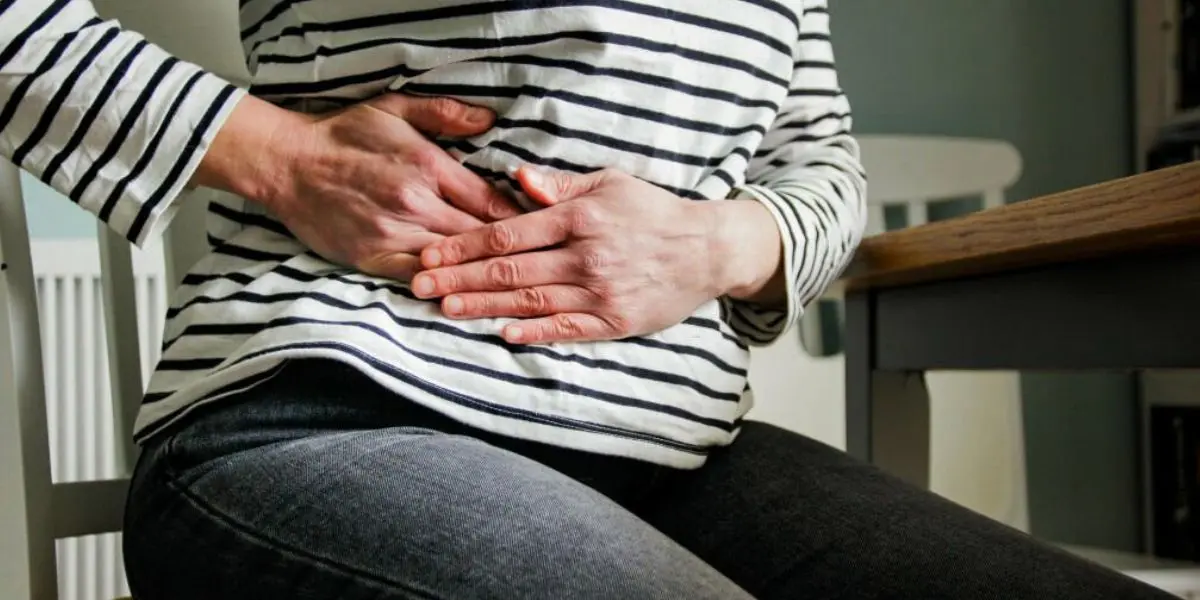Bowel leakage, or fecal incontinence, could be a challenging condition that goes beyond unimportant physical discomfort, often influencing one’s emotional well-being and existence. The automatic entry of stool, gas, or bodily fluid from the rectum can be troubling, but it also prompts concerns about potential fundamental well-being issues, including the specter of cancer.
This article points to unwinding the complex relationship between bowel leakage and cancer, giving experiences into the assorted causes of this condition, potential side effects related to colorectal cancer, and the vital significance of looking for convenient restorative consideration.
As we explore the complexities of bowel well-being, understanding the subtleties becomes fundamental for people grappling with these side effects and for fostering a proactive approach to general well-being.
Bowel Leakage And Its Diverse Causes
Bowel leakage is a complex syndrome comprising involuntary evacuation of stool, flatus, and body fluids through the rectum. This is a complex issue, and different variables underlie it, starting with temporary problems that might even be associated with cancer.

✅ Muscle Weakness
It is common for people with weakened or damaged muscles in the rectum and buttocks to experience bowel leakage. Extension and debility of these muscles can be occasioned by childbirth, which is usually a common donor. Muscle wasting is caused by other maturation-related or restorative conditions, like solid dysfunction.
✅ Nerve Damage
The intricate arrangement of nerves capable of controlling bowel movements can be compromised by different conditions. Diabetes, for example, may cause neuropathy by influencing the nerves within the pelvic region. Additionally, numerous sclerosis can disturb the communication between the brain and the bowels, leading to bowel incontinence.
✅ Chronic Diarrhea Or Constipation
Persistent diarrhea can overpower the rectum’s capacity to contain stool, leading to leakage. Constant clogging can result in affected stools in differentiated cases, making the rectum more vulnerable to leakage. Both conditions highlight the significance of maintaining a solid gastrointestinal system.
✅ Rectal Prolapse
Rectal prolapse, a less common but critical cause of bowel leakage, happens when the rectum projects from the anus. Debilitated pelvic muscles, regularly a result of childbirth or rehashed straining amid bowel developments, contribute to this condition. Basic issues, such as a debilitated butt-centric sphincter, can also play a role.
Bowel Leakage And Its Potential Link To Cancer
While bowel leakage frequently stems from non-cancerous causes, it is pivotal to be mindful of potential signs of colorectal cancer, a condition that will show the following symptoms:
✅ Changes In Bowel Habits
Persistent alterations in bowel propensities, such as a sudden onset of diarrhea or persistent clogging, can be demonstrative of colorectal issues, including cancer. Understanding one’s normal bowel propensities is vital to identifying noteworthy changes that warrant therapeutic attention.
✅ Blood In Stool
The presence of blood within the stool, whether unmistakable or detected through testing, ought to provoke prompt assessment by a healthcare professional. Blood within the stool can be related to different conditions, including colorectal cancer, and requires an exhaustive investigation.
✅ Unexplained Weight Loss
Unexplained substantial weight loss deserves not to be ignored; it should even be seen as a red flag. Sudden and unintended weight loss should be considered a sign of many diseases, including colon cancer.
✅ Abdominal Pain or Discomfort:
Continuous abdominal pain and distress must be observed, especially in conjunction with other adverse effects. Somebody suffering any kind of pain inside the stomach area because of colorectal cancer should be addressed without delay, as it might be serious.
Read More:- What Causes Lower Abdominal Pain In Women? Know More!
When To Look For Therapeutic Attention
If encountering bowel leakage or any concerning symptoms, it is significant to refer to a healthcare professional expeditiously. A comprehensive assessment, encompassing physical examinations, imaging tests, and possibly colonoscopies or other demonstrative strategies, can give important insights into the basic causes of bowel leakage.
Conclusion
Bowel leakage may emerge from different non-cancerous causes, such as muscle shortcomings, nerve harm, or gastrointestinal issues. Be that as it may, it is fundamental not to expel certain side effects, particularly when coupled with potential signs of colorectal cancer. Early location and legitimate therapeutic assessment are essential to address basic well-being concerns and guarantee ideal results.
If concerns about bowel leakage or related side effects emerge, looking for an opportune interview with a healthcare professional is crucial for personalized direction and care. Taking proactive steps towards understanding and overseeing bowel well-being can essentially contribute to general well-being and quality of life.
FAQs
A1: Fecal incontinence occurs as a result of bowel leakage, which involves the involuntary expulsion of stools, gas, and mucus through the rectum. The condition is caused by several factors, such as muscle weakness or damage to nerves, chronic diarrhea, constipation, and, rarely, rectal prolapse.
A2: Absolutely. Bowel leakage usually occurs secondary to pelvic weakness, nerve damage, or a related gut problem from persistent diarrhea or constipation.
A3: Yes. Bowel leakage can be caused by weak muscles in pregnancy or aging and nerve damage resulting from, e.g., diabetes or multiple sclerosis, without any cancer involved.
A4: For this reason, chronic diarrhea may exceed your rectal capacity to hold stool when it persists. However, chronic constipation may also result in trapped stool and aggravated irritation due to leakage.
A5: Rectal prolapse is a disorder in which the rectum protrudes or slips out of the anus. The bowel leakage is a result of weak pelvic muscle strength or a structural problem.